Home>Articles>How Long Can Eggs Stay Out Of The Refrigerator
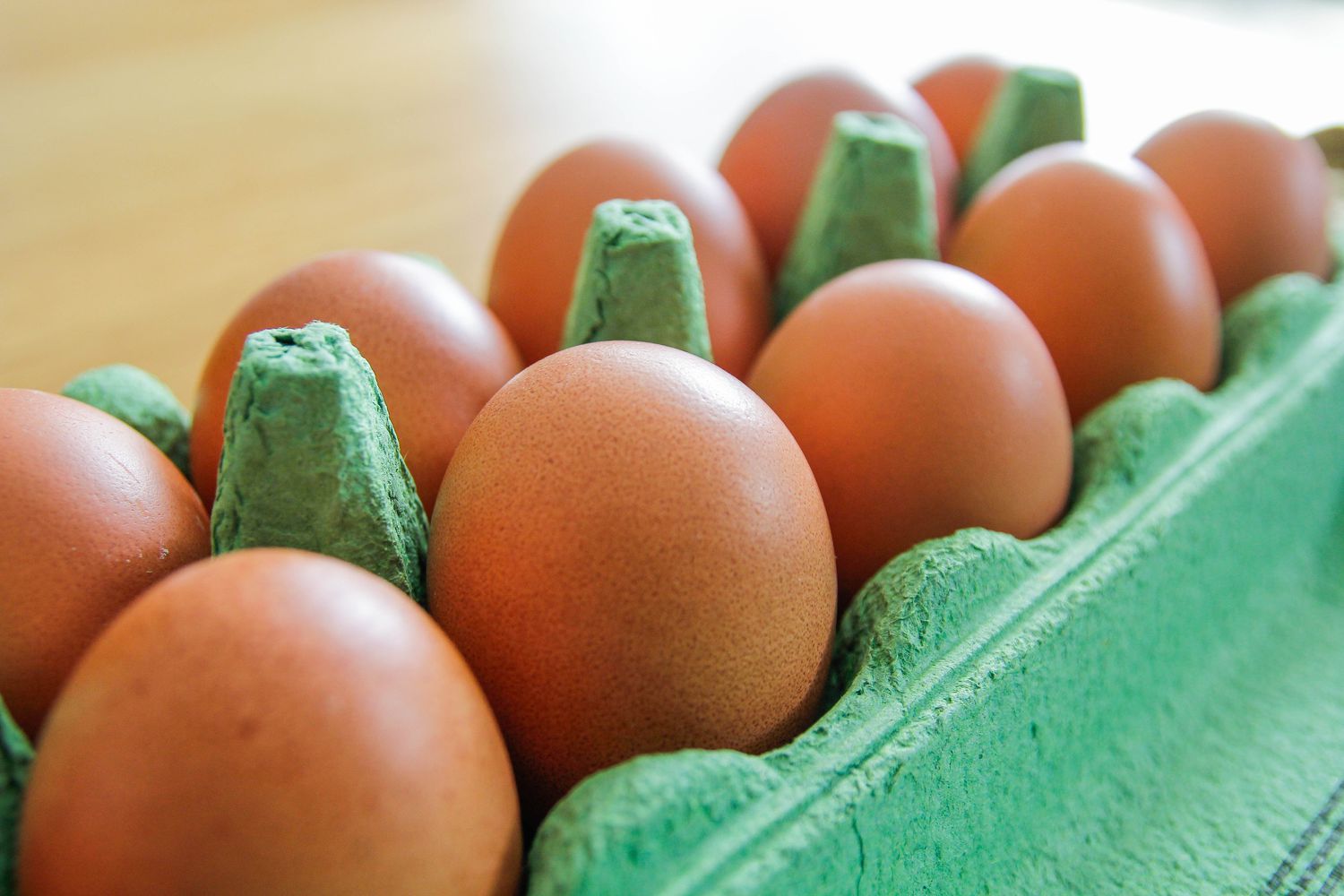

Articles
How Long Can Eggs Stay Out Of The Refrigerator
Modified: August 30, 2024
Discover how long eggs can safely stay out of the refrigerator in this informative article. Find out the best practices for storing eggs and preventing foodborne illnesses.
(Many of the links in this article redirect to a specific reviewed product. Your purchase of these products through affiliate links helps to generate commission for Storables.com, at no extra cost. Learn more)
Introduction
Eggs have long been a staple food in many cultures around the world. They are not only versatile and nutritious but also relatively inexpensive and easy to obtain. When it comes to storing eggs, most of us instinctively place them in the refrigerator to keep them fresh and safe to consume. But have you ever wondered how long eggs can actually stay out of the refrigerator before they start to spoil?
In this article, we will explore the factors that affect the shelf life of eggs, the importance of refrigeration, and how long eggs can stay out of the refrigerator. We will also discuss the signs of spoiled eggs and provide tips for storing eggs properly to ensure their freshness and safety.
So, whether you’re a seasoned cook or simply enjoy having eggs as a part of your everyday meals, understanding the guidelines for storing eggs will help you make informed decisions about their consumption and avoid any potential foodborne illnesses.
Next, let’s delve into the factors that can influence the shelf life of eggs and why refrigeration plays a vital role in preserving their quality.
Key Takeaways:
- Proper refrigeration is crucial for preserving the freshness and safety of eggs, extending their shelf life, and minimizing the risk of bacterial contamination. Adhering to optimal storage conditions is key to enjoying safe and delicious eggs.
- Recognizing the signs of spoiled eggs, following proper storage guidelines, and practicing good hygiene are essential for maintaining the longevity and quality of eggs. By prioritizing food safety and proper handling, you can savor fresh and safe eggs in your culinary endeavors.
Read more: How Long Can Meat Stay In The Refrigerator
Factors Affecting Egg Shelf Life
When it comes to the shelf life of eggs, several key factors come into play. Understanding these factors can help you determine how long you can safely store eggs before they spoil. Here are the main factors that affect egg shelf life:
1. Temperature: Temperature plays a crucial role in determining the freshness and longevity of eggs. Higher temperatures accelerate the rate at which eggs deteriorate, while lower temperatures help to slow down the process. The optimal temperature for egg storage is below 40°F (4°C), which is why refrigeration is recommended.
2. Humidity: Humidity levels also impact the shelf life of eggs. Eggs have tiny pores in their shells that allow air and moisture to pass through. High humidity can cause eggs to absorb moisture, leading to bacterial growth and spoilage. On the other hand, low humidity can result in the eggs losing too much moisture, causing them to shrink and potentially spoil.
3. Age of the eggs: Eggs that are freshly laid have a longer shelf life compared to older eggs. As time goes on, the quality of an egg deteriorates, and it becomes more prone to spoilage. The age of the eggs can be determined by the Julian date stamped on the carton, which indicates the date the eggs were packed.
4. Egg cleanliness: The cleanliness of eggs also plays a significant role in shelf life. Eggs that are clean and free from dirt, debris, and bacteria have a better chance of staying fresh for a longer period. It is important to handle eggs with clean hands and store them in clean containers to minimize the risk of contamination.
5. Egg quality: The quality of the eggs itself is an important factor. Eggs that are damaged, cracked, or have a compromised shell are more susceptible to bacterial contamination and spoilage. It’s essential to inspect eggs before purchasing or consuming them to ensure they are in good condition.
By considering these factors, you can make informed decisions about how long you can safely store eggs. However, it’s important to note that the guidelines for egg storage may vary depending on your location and local regulations. It’s always best to adhere to the guidelines provided by food safety authorities in your area.
Now that we understand the factors that affect egg shelf life, let’s explore why refrigeration is crucial for keeping eggs fresh and safe to eat.
The Importance of Refrigeration
Refrigeration plays a critical role in preserving the freshness and safety of eggs. It helps to slow down the growth of bacteria, reduce the risk of contamination, and extend the shelf life of eggs. Here’s why refrigeration is vital for egg storage:
1. Bacterial Growth: Eggs are naturally coated with a protective layer called the cuticle, which helps to prevent bacteria from entering through the pores in the shell. However, over time, this protective layer can wear off, making the eggs more vulnerable to bacterial contamination. Refrigeration helps to inhibit the growth of bacteria, including Salmonella, one of the most common bacteria associated with egg-related illnesses.
2. Temperature Control: Keeping eggs in the refrigerator at the recommended temperature of below 40°F (4°C) helps to slow down the natural degradation process. Lower temperatures help to maintain the structural integrity of the eggs and preserve their quality, including taste, texture, and nutritional value.
3. Extended Shelf Life: By refrigerating eggs, you can significantly extend their shelf life. Fresh eggs stored in the refrigerator can last up to four to five weeks, whereas eggs stored at room temperature may only be good for one to two weeks. This allows you to plan your meals, reduce food waste, and save money in the long run.
4. Safety Precautions: Refrigeration is especially crucial if you are using or consuming eggs that are raw or lightly cooked. These include dishes like homemade mayonnaise, salad dressings, and dessert recipes that call for raw or undercooked eggs. By storing eggs in the refrigerator, you minimize the risk of bacterial growth and potential foodborne illnesses.
It’s important to note that once eggs have been refrigerated, they should remain refrigerated until ready to be used. Frequent exposure to fluctuating temperatures, such as removing eggs from the refrigerator and then placing them back, can lead to condensation on the eggs’ surface, which can create a favorable environment for bacterial growth.
While refrigeration is recommended for storing eggs, it’s essential to handle them properly along the way. This includes washing your hands before and after handling eggs, avoiding cross-contamination with other foods, and discarding any eggs that are cracked or visibly contaminated.
Now that we understand the importance of refrigeration for egg storage, let’s explore how long eggs can stay out of the refrigerator before they start to spoil.
How Long Can Eggs Stay Out of the Refrigerator?
Proper storage is crucial for maintaining the freshness and safety of eggs. While refrigeration is highly recommended, there are circumstances where eggs can be left out of the refrigerator for a short period without significant spoilage. However, it is important to note that the general consensus among food safety experts is to refrigerate eggs for optimal freshness and safety.
In general, fresh eggs can safely stay out of the refrigerator for a few hours. This is primarily due to the natural protective layers present on the eggshell, which help to inhibit bacterial growth. However, it is essential to consider several factors when determining how long eggs can stay unrefrigerated:
1. Temperature: The temperature of the environment plays a significant role in the rate at which eggs deteriorate. If the temperature is above 90°F (32°C), eggs should not be left out for more than one hour. Higher temperatures can accelerate bacterial growth and increase the risk of spoilage.
2. Pre-cooked or Pasteurized Eggs: Pre-cooked or pasteurized eggs, such as hard-boiled eggs or commercially pasteurized eggs, have a longer shelf life and can be safely left out of the refrigerator for a longer period. However, it is still advisable to consume them within a few hours to maintain their quality and minimize any potential bacterial growth.
3. Intact and Unwashed Eggs: Eggs that are unwashed and have their natural protective coating intact have a lower risk of contamination and can stay out of the refrigerator for a short period. However, it is still recommended to refrigerate them as soon as possible for optimal freshness, particularly in areas with warm climates or high humidity.
It is crucial to note that these guidelines are for fresh eggs and do not apply to eggs that have already been cooked or eggs that have been left out for an extended period. Additionally, if there are any concerns about the freshness or safety of the eggs, it is best to err on the side of caution and discard them.
To ensure the freshness and safety of eggs, it is always best to refrigerate them promptly after purchase or when they have been prepared. Proper refrigeration helps to slow down bacterial growth, maintain the quality of the eggs, and minimize the risk of foodborne illnesses.
In the next section, we will discuss the signs of spoiled eggs, which will help you determine whether your eggs are still safe to consume or if they need to be discarded.
Eggs can stay out of the refrigerator for up to 2 hours at room temperature. After that, they should be refrigerated to maintain their quality and safety.
Signs of Spoiled Eggs
Knowing how to recognize the signs of spoiled eggs is crucial for ensuring the safety and quality of your food. Here are some common signs that indicate that an egg has gone bad:
1. Strange Odor: One of the first indicators of a spoiled egg is a foul or pungent odor. Fresh eggs usually have a neutral or slightly eggy smell. If you detect any unusual or rotten smell when cracking open the egg, it is likely spoiled and should be discarded.
2. Discolored Egg Whites or Yolks: Fresh eggs are characterized by clear, translucent egg whites and vibrant yellow or orange yolks. If you notice any discoloration, such as pink, green, or blue hues, it could be a sign of bacterial growth or contamination, indicating that the egg has spoiled.
3. Runny or Cloudy Egg Whites: The egg white of a fresh egg is typically clear and viscous. If the egg white appears runny or cloudy, it may be an indication of spoilage caused by bacterial contamination.
4. Off-putting Texture: Fresh eggs have a smooth and uniform texture. Spoiled eggs, on the other hand, may have thick or slimy egg whites and lumps or clumps in the yolk. Any abnormalities in texture or consistency are strong indicators that the egg has gone bad.
5. Floating in Water: A simple test to determine the freshness of an egg is to place it in a bowl of water. Fresh eggs will sink to the bottom and lay on their sides. If the egg stands upright or floats to the top, it is likely old or spoiled and should not be consumed.
6. Cracked or Leaking Shells: Eggs with cracked or leaking shells are more susceptible to bacterial contamination. If you notice any visible cracks or leaks, it is best to discard the egg as it may have been compromised and is no longer safe to eat.
It is important to note that these signs may not always be present in spoiled eggs, and there is always a risk of consuming contaminated eggs even if they do not exhibit obvious signs. Therefore, it is essential to prioritize food safety and discard any eggs that you suspect may be spoiled to avoid the risk of foodborne illnesses.
By being aware of these signs, you can protect yourself and your loved ones from consuming spoiled or contaminated eggs. In the next section, we will provide tips on how to store eggs properly to maintain their freshness and quality for as long as possible.
Read more: How Long Can A Projector Stay On
Tips for Storing Eggs Properly
Proper storage is key to maintaining the freshness and quality of eggs. By following these tips, you can ensure that your eggs stay safe to consume for as long as possible:
1. Refrigeration: The best way to store eggs is in the refrigerator. Keep them in their original carton, which helps protect them from absorbing odors from other foods in the fridge. Place the carton on a shelf rather than in the door, as temperature fluctuations are more significant in the door. Refrigerate the eggs at a temperature below 40°F (4°C) to slow down bacterial growth.
2. Use-First System: Place fresh eggs at the back of the carton and use older eggs first. This way, you can easily keep track of the remaining shelf life and minimize the chances of consuming spoiled eggs.
3. Avoid Extreme Temperatures: Avoid exposing eggs to extreme temperatures. Keep them away from direct sunlight, heating vents, or other sources of heat. Rapid temperature changes can cause condensation on the eggs, creating an ideal environment for bacteria growth.
4. Do Not Wash Eggs: The natural protective coating on eggs helps to keep them fresh. Avoid washing eggs until just before use, as water removes this protective barrier and increases the risk of bacterial contamination. If an egg is dirty, lightly wipe it with a dry cloth instead.
5. Store Separately: Keep raw eggs separate from other foods, especially those that are ready-to-eat, to prevent any potential cross-contamination. It’s best to use a separate section or drawer in the refrigerator for raw eggs.
6. Avoid Strong Odors: Eggs are porous and can absorb strong odors from other foods. To maintain their natural flavor, store eggs away from foods with strong aromas, such as onions, garlic, and fish.
7. Freezing Eggs: If you find yourself with an excess of eggs, you can freeze them for later use. However, it’s essential to remove them from the shell and beat them lightly before freezing. Freezing eggs in an airtight container or freezer bag can help maintain their quality for up to a year.
8. Label and Date: If you choose to remove eggs from their original carton, be sure to label the container with the date of purchase. This will help you keep track of their freshness and know when it’s time to use them.
By following these tips, you can maximize the shelf life and quality of your eggs. Remember to practice good hygiene, such as washing your hands before and after handling eggs, and discard any eggs that show signs of spoilage or are past their expiration date.
Now that you have a better understanding of how to store eggs properly, let’s conclude our article.
Conclusion
Proper storage of eggs is essential for maintaining their freshness, quality, and safety. While refrigeration is highly recommended, eggs can stay out of the refrigerator for a short period under certain conditions. However, it is crucial to consider factors such as temperature and egg cleanliness to determine how long they can safely remain unrefrigerated.
Refrigeration plays a crucial role in extending the shelf life of eggs and inhibiting bacterial growth. It helps to preserve the structural integrity, taste, and nutritional value of eggs, making them safe and enjoyable to consume. By adhering to the optimal temperature of below 40°F (4°C) and storing eggs in their original carton, you can maintain their freshness for an extended period.
Recognizing the signs of spoiled eggs is vital for food safety. Foul odor, discoloration, unusual texture, and floating in water are all indicators that an egg has gone bad and should be discarded. It’s crucial to prioritize food safety and avoid consuming eggs that show signs of spoilage, as they may lead to foodborne illnesses.
Following proper storage guidelines, such as refrigeration, using a use-first system, and keeping eggs away from extreme temperatures and strong odors, can help ensure the longevity and quality of your eggs. Additionally, freezing eggs can be a viable option for long-term storage, but proper preparation and labeling are necessary to maintain their quality.
Remember to practice good hygiene by washing your hands before and after handling eggs, and always be mindful of cross-contamination. If you have any doubts about the freshness or safety of eggs, it’s best to err on the side of caution and discard them.
Knowing how to store eggs properly is not only essential for your health and well-being but also for minimizing food waste and saving money. By following these guidelines, you can enjoy fresh and safe eggs in your cooking and baking ventures.
So, the next time you reach for a carton of eggs, remember the importance of refrigeration, the factors affecting egg shelf life, and the signs of spoilage. With proper storage and handling, you can savor the deliciousness of eggs while ensuring their safety and quality.
Frequently Asked Questions about How Long Can Eggs Stay Out Of The Refrigerator
Was this page helpful?
At Storables.com, we guarantee accurate and reliable information. Our content, validated by Expert Board Contributors, is crafted following stringent Editorial Policies. We're committed to providing you with well-researched, expert-backed insights for all your informational needs.



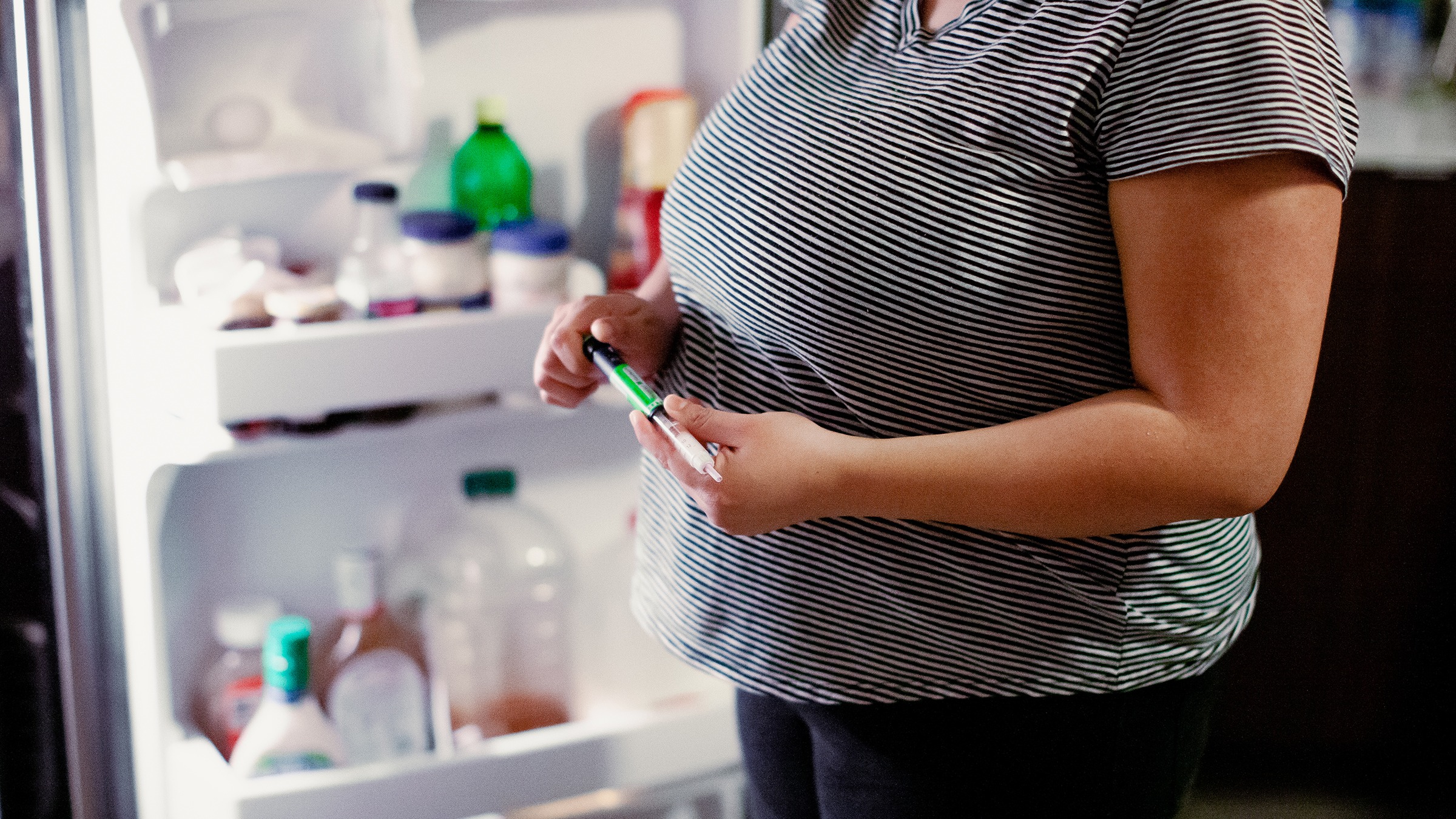

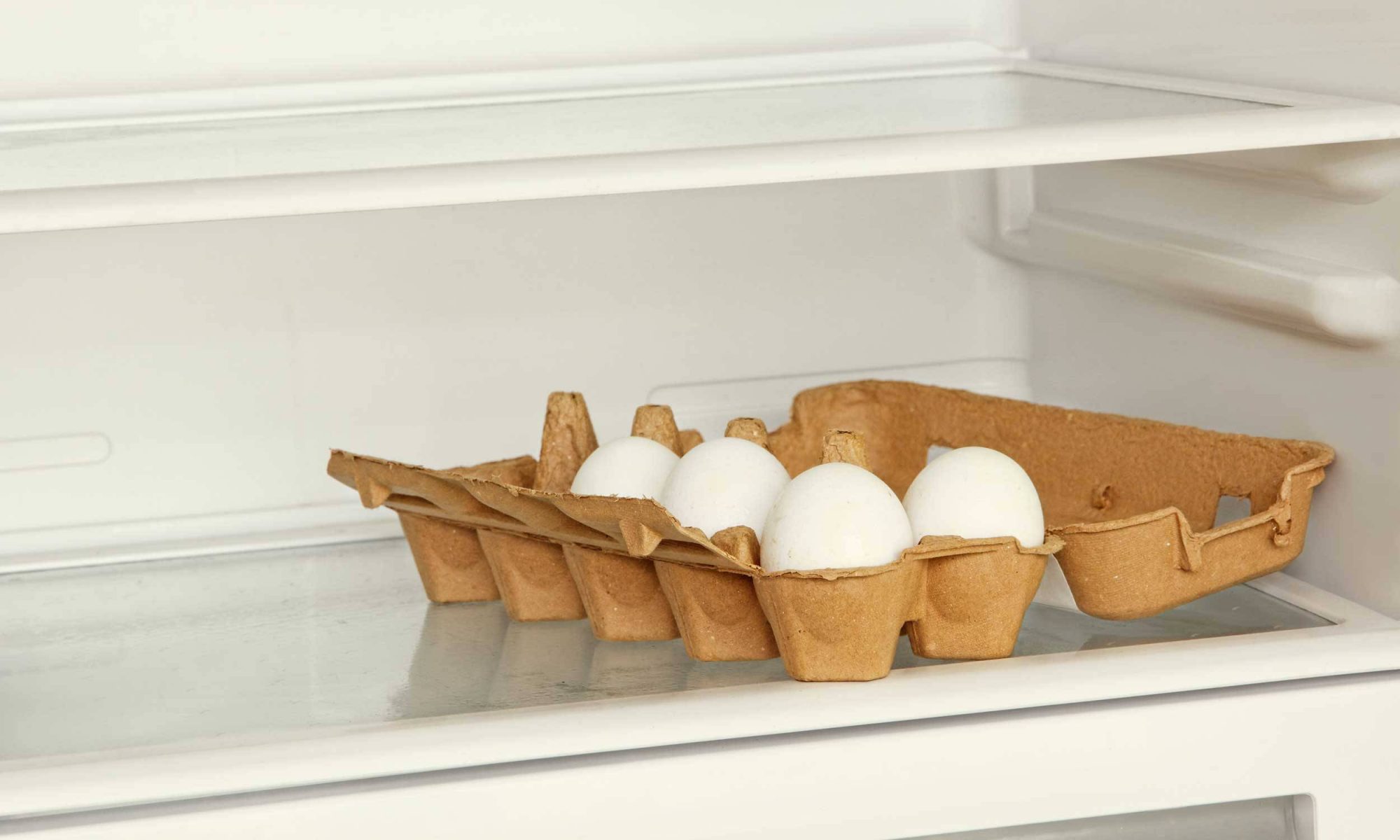

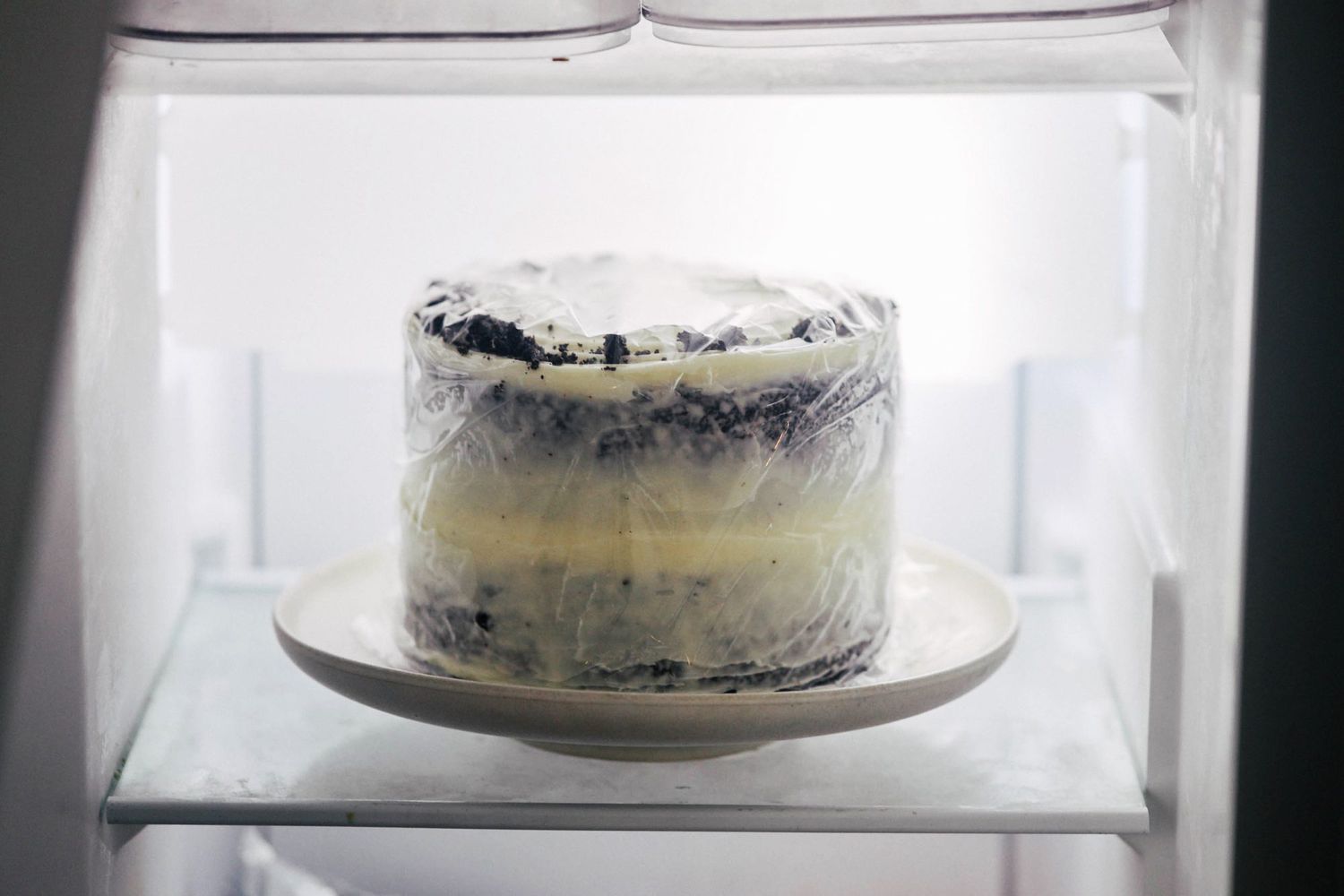





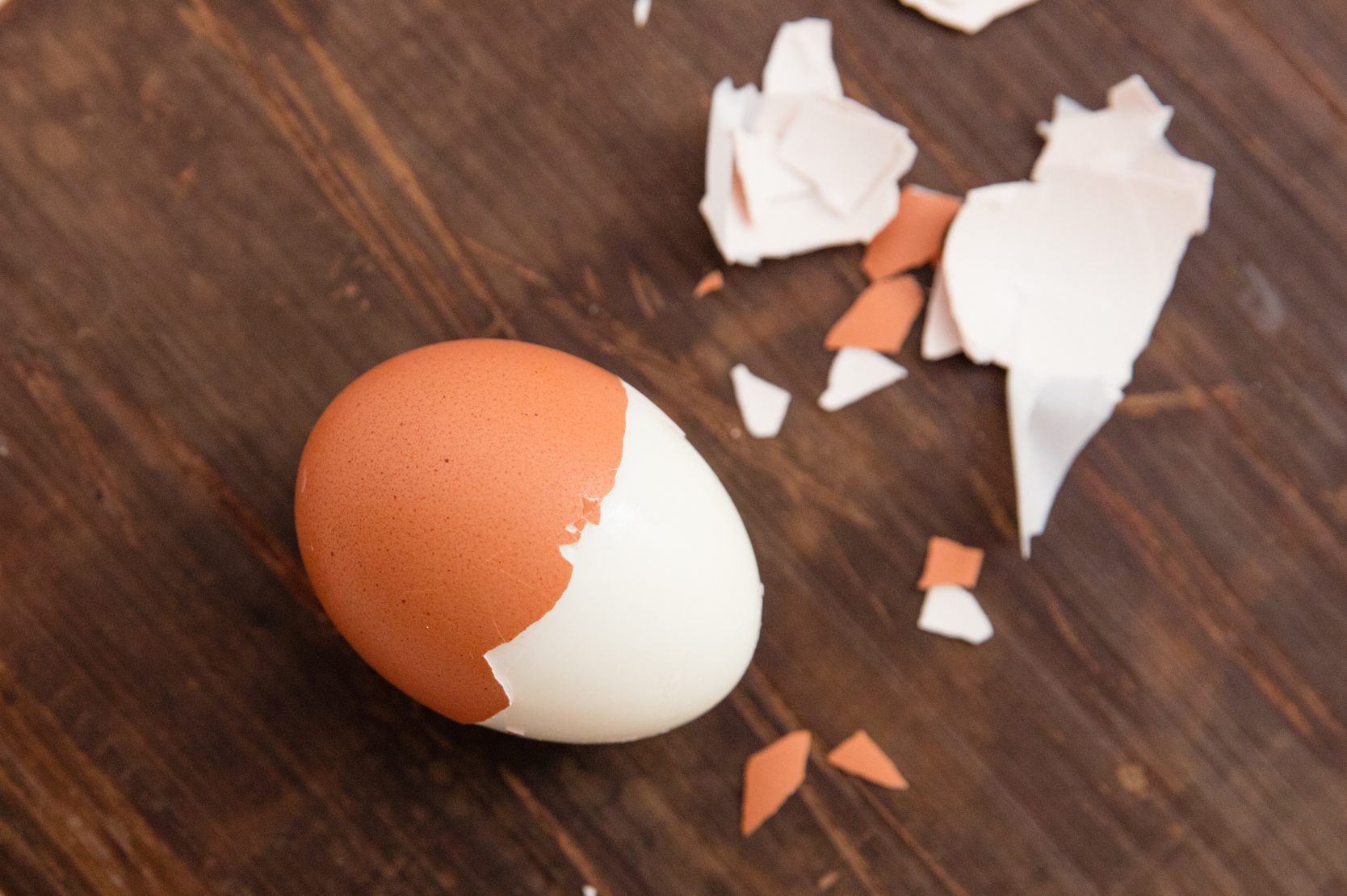

0 thoughts on “How Long Can Eggs Stay Out Of The Refrigerator”